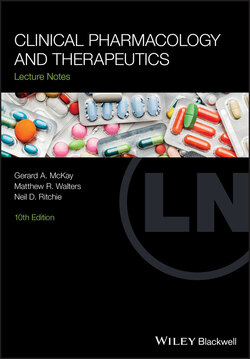Читать книгу Clinical Pharmacology and Therapeutics - Группа авторов - Страница 110
Depression
ОглавлениеThere are several factors to take into consideration when prescribing antidepressant medication in pregnancy. All antidepressants will cross freely across the placenta and the foetus and neonate are susceptible to side effects. A balance of the risk of treatment against the risk of serious mental illness should be made, and there should be consideration of efficacious non‐pharmacological treatments. The older drugs such as tricyclic antidepressants have been used for many years and there are no known teratogenic effects. Therefore, they are the drug of choice in pregnancy. They can cause withdrawal symptoms or anticholinergic side effects in the neonate, and reducing the dose in the third trimester wherever possible, may minimise this risk. They are safe in breastfeeding. The newer SSRIs (selective serotonin reuptake inhibitors) are commonly used as first‐line agents outside pregnancy and will often be taken by women around the time of conception. It is not wise to abruptly stop these drugs as this may cause withdrawal in the mother. There appears to be a modest increased risk of congenital malformations and in particular cardiac defects with first trimester exposure. Paroxetine in particular is associated with an increased risk of foetal abnormalities and should be substituted by another antidepressant in pregnancy. SSRIs are also associated with a neonatal withdrawal syndrome if taken in late pregnancy.
